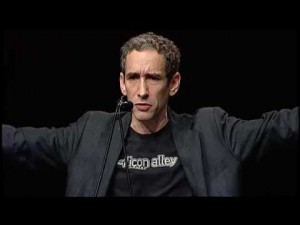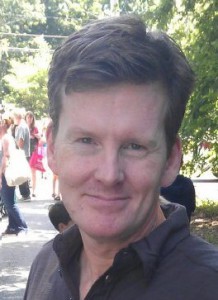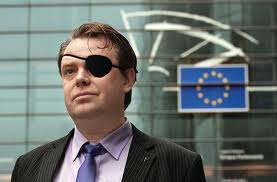
Confused, force is.
First the good.
Stigmergic Governance Via the Web
In My piece, The End of Entropy I propose the following:
With a central website, in forum style, to address major issues – divided into local sections, regional sections and global sections, with “votes” at a certain level elevating the problems and solutions to the next level to be voted on by a greater number – we can collectively coordinate to solve the issues of this planet. Social responsibility will be seen as spending 15 minutes a day (or more) reviewing the issues on this site. This seed parameter will see an emergence of human unity as a race and as a planet.
What is there proposed is a stigmergic governance – a way to govern society without a governMENT. In a system with no money or need for exchange, stigmergic governance will work – as long as there are money interests, it is unlikely to, with votes bought, up or down, and other disruptive aspects. This is what I propose in a free energy/robot system where no money is needed (read The End of Entropy for a picture of how this works). If You are unfamiliar with the term, stigmergy, a good place to get a handle on the term is here.
A very good illustration of stigmergy is Linux. In this case, one Individual created a basic program and offered it freely in open source. Others came along and began to improve upon it, create software to run on it, and so on. There was no “leader” in this group – those who wanted to get involved did so – and from the initial basic program, a whole creative “empire” came to be…all entirely free and freely.
and now the bad.
Continue reading “Yoda: Understanding Governance — Without Money, Righteous; With Money Corrupt”










